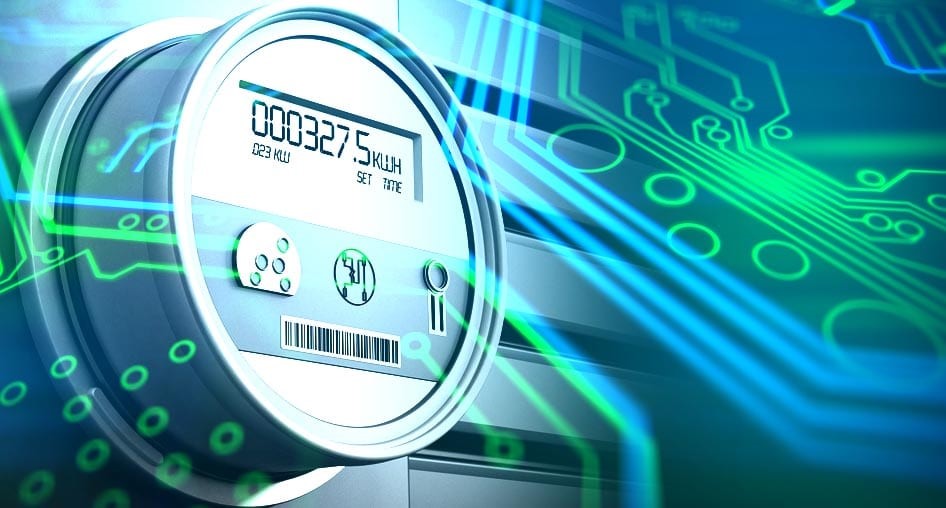Free Courses Sale ends Soon, Get It Now


Free Courses Sale ends Soon, Get It Now



Disclaimer: Copyright infringement not intended.
Context:
Smart Meter
Challenges in Smart Meter Implementation:
Assumptions Behind Smart Metering:
Functional Effectiveness Concerns:
Divergence in Intentions:
Global vs. Indian Approach:
Cost Recovery Challenges:
Alternate Strategies for Smart Metering:
Targeted Deployment:
Conclusion:
|
PRACTICE QUESTION Q. How do smart electricity meters in India pose challenges to the idea of smart metering as a complete solution for the electricity distribution sector? What are the complexities and limitations of widespread smart meter adoption? What alternative strategies can address the sector's challenges? |
© 2024 iasgyan. All right reserved